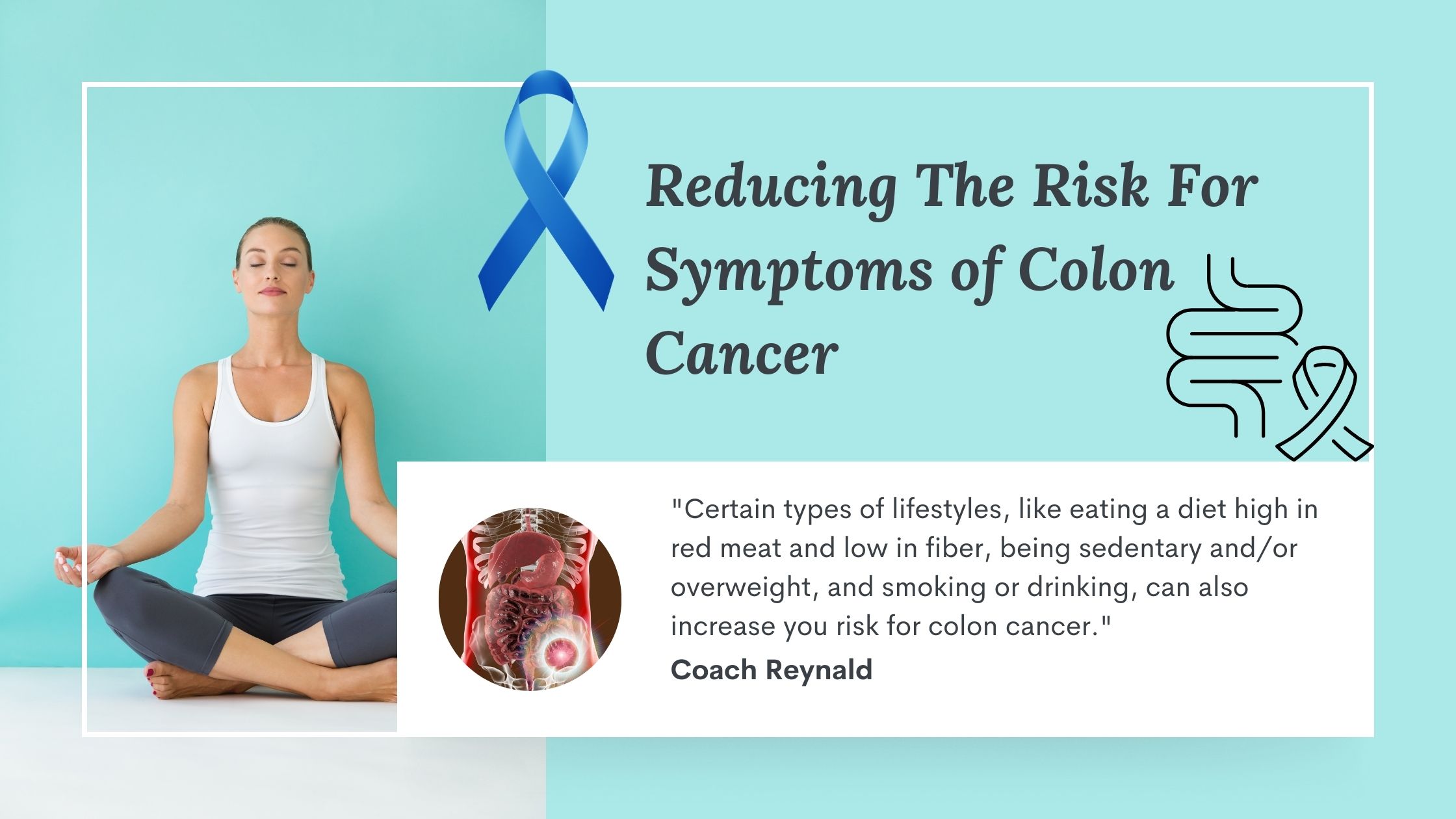
Colon cancer, which begins as benign polyps in the colon, large intestine, and rectum, can be treated effectively when caught early. However, if left unchecked, it can progress through various stages, becoming increasingly severe and life-threatening. Understanding the progression and risk factors of colon cancer is crucial for early detection and prevention.
Understanding the Stages of Colon Cancer
- Stage 0: Cancer develops in the inner layer of the intestine without easily recognizable symptoms.
- Stage 1: The cancer spreads to other colon layers.
- Stage 2: The colon muscle wall is affected.
- Stage 3: Cancer spreads to the lymph nodes.
- Stage 4: Other organs are affected by cancer.
As colon cancer advances, treatment becomes more severe and life-altering, emphasizing the importance of regular screening and preventive measures.
Risk Factors for Colon Cancer
Several risk factors for colon cancer include both uncontrollable and lifestyle-related elements:
Uncontrollable Risk Factors
- Ethnicity: Certain ethnic groups, such as Eastern Europeans and Africans, have higher risks.
- Family History: A family history of colon cancer increases risk.
- Previous Cancer: Surviving another type of cancer elevates the risk.
Lifestyle-Related Risk Factors
- Diet: A diet high in red meat and low in fiber can increase risk.
- Physical Activity: A sedentary lifestyle contributes to higher risk.
- Weight: Being overweight or obese is a significant risk factor.
- Smoking and Drinking: Both smoking and excessive alcohol consumption increase risk.
Preventative Measures for Colon Cancer
While some risk factors cannot be controlled, lifestyle changes can significantly reduce the risk of developing colon cancer.
Diet and Nutrition
- Increase Fiber Intake: Fruits, vegetables, and whole grains add both fiber and antioxidants to your diet, promoting gastrointestinal health and preventing inflammation.
- Limit Red Meat: Reduce consumption of red meat and processed foods.
- Supplement Nutrients: If you have conditions like inflammatory bowel disease that affect nutrient absorption, supplement your diet with antioxidants and other essential nutrients.
Physical Activity
- Stay Active: Regular exercise helps maintain a healthy weight and reduces cancer risk. Aim for at least 30 minutes of moderate exercise most days of the week.
Avoid Harmful Habits
- Quit Smoking: Smoking is a significant risk factor for many cancers, including colon cancer.
- Limit Alcohol Consumption: Moderate your alcohol intake to reduce cancer risk.
Screening and Early Detection
Regular screening is vital for early detection of colon cancer, especially for those at higher risk. The American Cancer Society recommends starting regular screenings at age 50, or earlier if you have a higher risk. Screening methods include:
- Colonoscopy: The most effective screening tool, allowing for the detection and removal of polyps before they turn cancerous.
- Stool Tests: Non-invasive tests that check for blood or DNA changes in your stool.
- Sigmoidoscopy: Examines the lower part of the colon and rectum.
Recognizing Symptoms of Colon Cancer
Symptoms of colon cancer often do not appear until the later stages and may resemble other gastrointestinal disorders. If you experience any of the following symptoms, consult a doctor immediately:
- Pain or Tenderness in the Lower Abdomen: Persistent discomfort in the lower abdomen.
- Changes in Bowel Movements: Significant changes in the type and frequency of bowel movements.
- Diarrhea or Constipation: Unexplained and prolonged changes in bowel habits.
- Blood in Stool: Dark red or black stools indicating the presence of blood.
- Narrow Stools: Unusually narrow stools.
- Anemia: Unexplained fatigue and weakness due to low red blood cell count.
- Weight Loss: Unintended weight loss.
Home Remedies and Support
While medical treatment is essential, some home remedies can support your health:
- Hydration: Drink plenty of water to keep your digestive system functioning smoothly.
- Probiotics: Incorporate probiotics through yogurt or supplements to promote healthy gut flora.
- Natural Colon Cleanse: Occasionally use products with antibacterial, antiviral, and antifungal herbs to clear out toxins and unwanted organisms.
Key Takeaways
- Early Detection: Regular screenings starting at age 50 (or earlier for high-risk individuals) are crucial.
- Healthy Lifestyle: A diet rich in fiber, regular exercise, and avoiding harmful habits like smoking and excessive drinking can significantly reduce the risk.
- Symptom Awareness: Recognizing and acting on symptoms early can lead to better treatment outcomes.
- Preventive Measures: Incorporating probiotics and considering natural colon cleanses can support gastrointestinal health.
By understanding the risk factors and taking proactive steps, you can significantly reduce your risk of developing colon cancer and ensure early detection for the best possible outcomes.









